
Fatty Acids: Hair Regrowth Breakthrough?
Research shows palmitoleic & oleic acids promote hair regrowth by stimulating hair follicle stem cells via macrophages. Human trials are planned.Keywords:hair regrowth,fatty acids

Research shows palmitoleic & oleic acids promote hair regrowth by stimulating hair follicle stem cells via macrophages. Human trials are planned.Keywords:hair regrowth,fatty acids

Arctic methane oxidation shifted during the PETM, releasing CO2 and acidifying oceans. Study warns similar shifts today could amplify warming. Past climate event offers lessons for future impacts.

A new chip creates a frequency comb from a single laser, replacing racks of lasers with a compact, energy-efficient device. This breakthrough improves data transmission and lidar technology by generating multiple wavelengths on a single chip.
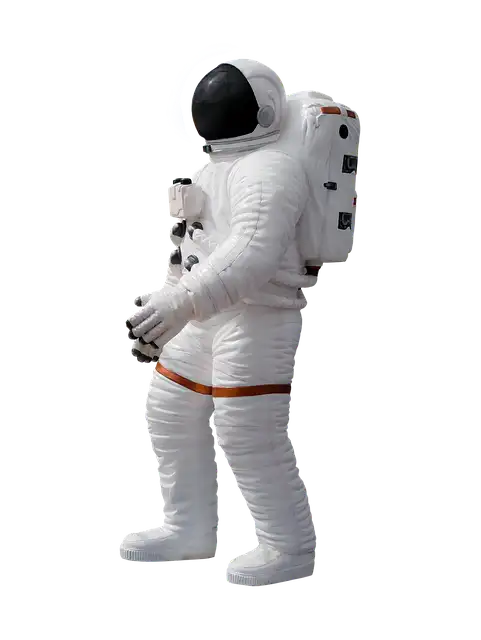
Demographers predict human extinction by 2339! A sociology paper analyzes acknowledgements in books, finding female authors write longer ones. Also, renewables surpass coal, a positive sign for the future.
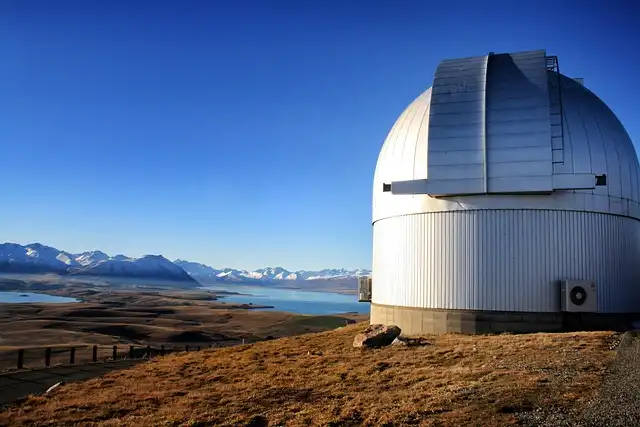
Latest science news: early cancer detection via blood tests, rare hyena photography, climate change concerns with microbeasts, and astrophysics discoveries. Breathtaking images captured!
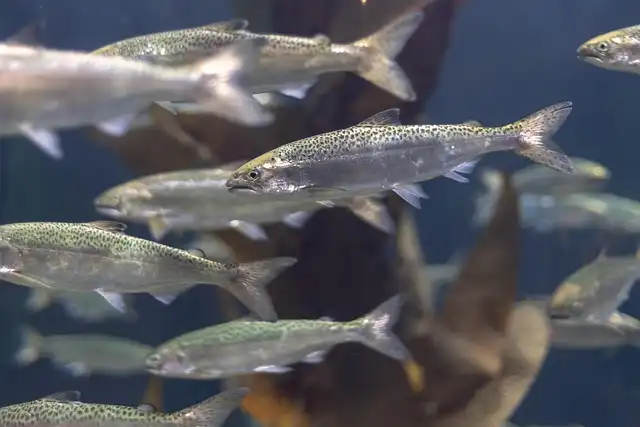
The Klamath River's restoration after decades of Yurok struggle. Amy Cordalis' book highlights dam removal, salmon revival, and the tribe's resilience in the face of historical oppression and environmental crises.
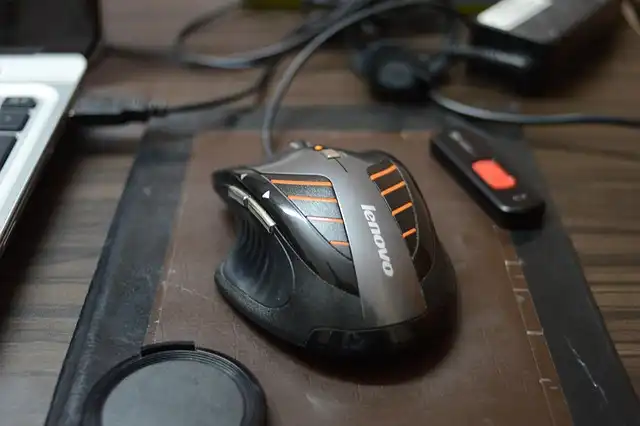
AI and the Vesuvius Challenge are revolutionizing the reading of ancient Herculaneum scrolls, burnt in Vesuvius' eruption. New tech promises to reveal lost Greek philosophy and texts from this invaluable antique.
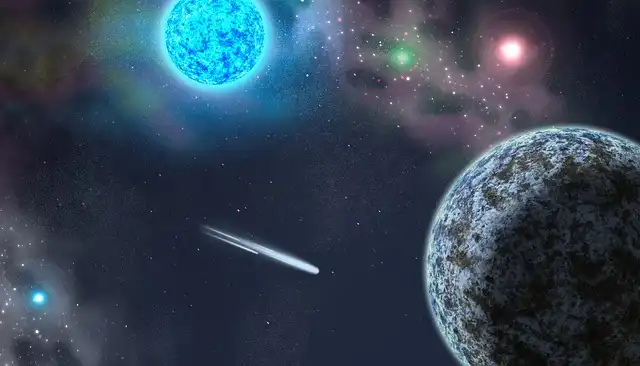
JWST unveils unprecedented infrared views of the M87 black hole jet and counter-jet, revealing its structure and interaction with its environment. This provides key insights into jet physics.

Astronomers found J0715-7334, a pristine red giant with the lowest metallicity ever observed. It's a descendant of the first stars, offering insight into stellar evolution after the Big Bang.

Electronic ID cards raise serious security & privacy issues. They are hackable, prone to 'use creep', and may enable mass surveillance, mirroring concerns in the UK and globally.
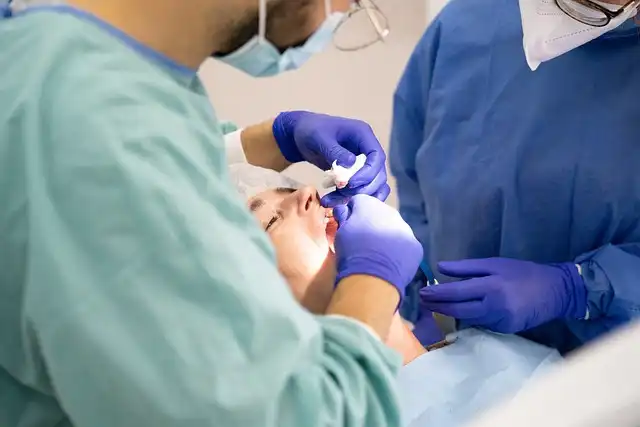
Mind implant breakthrough: Paralyzed man, Keith Thomas, controls another person's hand with his thoughts, feeling sensations remotely. Restoring movement + touch via brain-body link shows great promise for paralysis treatment and human connection.
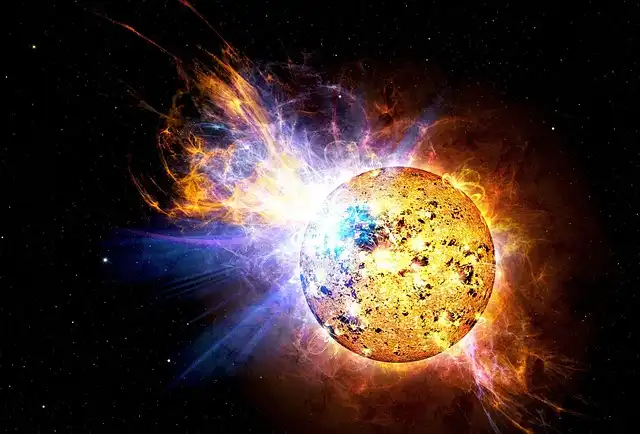
GRB 250702B, an ultra-long gamma-ray burst, lasted 7 hours. Researchers propose a black hole spiraling into a companion star as the cause, contrasting typical star collapse scenarios. Future telescopes may reveal more such events.
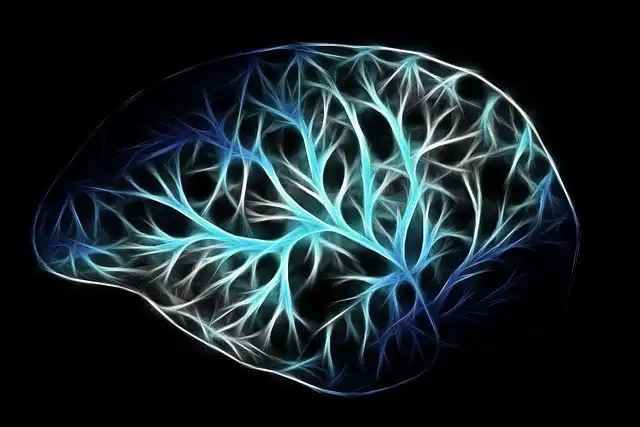
Genetic research reveals a timeline of human evolution linking cognitive abilities, brain structure, and mental health vulnerabilities. Intelligence-linked genes appeared ~500,000 years ago, followed by psychiatric disorders.
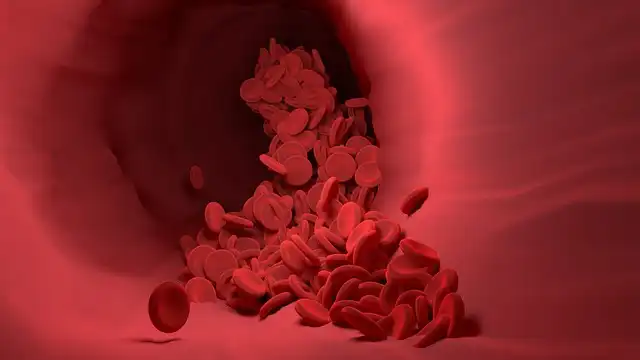
Researchers induced a hydraulic jump with electrons in graphene, mimicking water flow. This breakthrough allows study of electrically-charged shockwaves and potential infrared/radio wave generators.

Find the best star projector deals for Prime Big Bargain Days! Get scientifically accurate imagery, night lights, and rechargeable models at discounted prices. Don't miss out! Ends tonight.

A couple in New Orleans unearthed a 2nd-century Roman headstone, revealing a soldier's story. Missing after WWII, how did it travel from Italy? Investigation underway for its return. Archaeology and history intertwine.
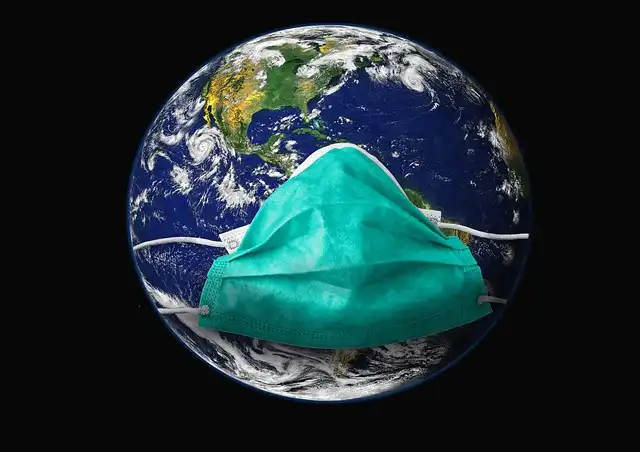
A pandemic drastically impacts supply chains. Global cooperation is key for vaccine distribution and preparedness. Lessons from COVID-19 are crucial to mitigate future pandemics and global health crises.